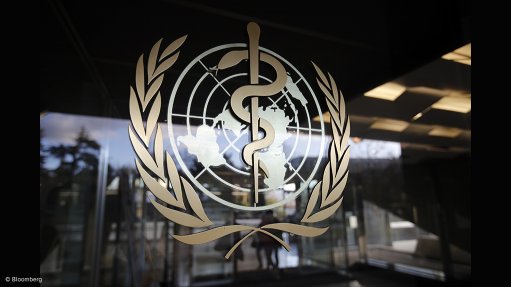
As the number of coronavirus (Covid-19) cases increases across Africa, it continues to threaten the already fragile health systems on the continent.
World Health Organisation (WHO) Africa regional director Dr Matshidiso Moeti said infections were increasingly spreading not only between African countries but within different localities in the hardest-hit countries.
The continent has over 6 000 cases.
The Democratic Republic of the Congo has seen cases spread to eastern regions that have been battling an Ebola outbreak.
While South Africa has implemented a nationwide lockdown, cases have spread to every province. Burkina Faso, Senegal and Cameroon have also seen widespread outbreaks.
“It took 16 days from the first confirmed case in the region to reach 100 cases. It took a further 10 days to reach the first thousand. Three days after this, there were 2000 cases, and two days later we were at 3000,” said Moeti.
While governments turn to lockdowns and other restrictive measures in a bid to contain the virus, the WHO urged States to ensure that people still had access to basic necessities.
It further explained that for socially restrictive measures to be effective it must be accompanied by strong, sustained and targeted public health measures that locate, isolate, test and treat Covid-19 cases.
World Food Programme (WFP) regional director for Southern Africa Lola Castro said it was vital that ports continued to operate to receive food and other essential humanitarian cargo; borders and roads stayed opened so cargo could be moved where it was most needed; and distributions to vulnerable people were conducted safely.
Castro added that it was also crucial that the international community promptly provided the considerable funding needed to maintain and scale up assistance programmes.
She said the WHO was working closely with national governments and United Nations partners including the WFP to plan for these needs.